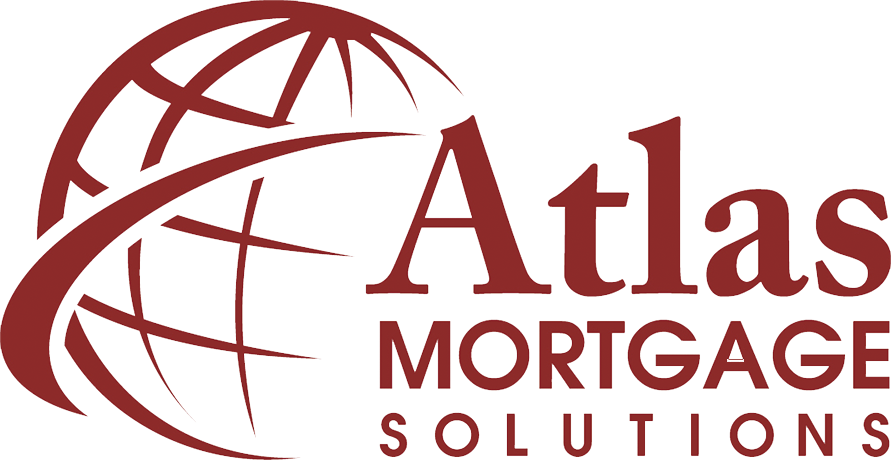Frequently Asked Questions
Below are some of our most frequently asked questions about home loans. If you have questions that are not answered here, please get in contact with us so we can provide you with answers.
The amount of mortgage you can afford is based on your gross income, monthly expenses, and other financial information like your credit score. We can help you find out how much you can afford based on these factors.
Adjustable-Rate Mortgage: An adjustable-rate mortgage has an interest rate which varies based on the market. there is a limit set on how high it can get.
Amortization: Amortization is the payment of a loan over time. It describes the amount of interest and principal you pay each month.
Assets: Anything you own that has monetary value is considered an asset. This includes cash, money in checking and savings accounts, physical property such as vehicles or land, stocks, bonds, retirement savings, and more. These assets can help lenders judge if you will be able to pay your mortgage.
Closing Costs: Closing costs are all of the costs and fees that are payed when you finalize the loan.
Debt-To-Income Ratio (DTI): Your DTI ratio compares your monthly debt to your monthly earnings. It is used help judge if you can afford a loan.
Deed: The deed is a legal document that gives ownership of a piece of property over to the buyer.
Down Payment: A down payment is a part of the full payment made on a home when the purchase is finalized. It is paid out of pocket.
Fixed-Rate Mortgage: A fixed-rate mortgage has an interest rate which stays the same for the entire life of the home loan.
Interest: Interest is a percentage of the loan amount that you will be charged every year. Interest is a separate cost on top of principal. Interest rates can be fixed or variable depending on the type of home loan you get.
Mortgage Insurance (PMI): Mortgage Insurance will protect the lender if the borrower defaults on a loan.
Mortgage Term: The entire length of time it will take to completely pay off your loan
Principal: Principal is the total amount of money you borrow for a mortgage. This is separate from interest.
Title: The title is a legal document which has the owner of a piece of property written down.
Prequalification is a process in which the lender will give you an estimate for how much of a loan you can afford. They will ask you questions about your financial situation including information about your income, debt, potential down payment, credit, and more. This is an early, non-committal step in the process of getting a mortgage.

